AI, Freedom & Human Development
Sheila Bauer is CEO of Access MCA — A Better Way to College & Dr. Raymond Ravaglia is former Director of Pre-Collegiate Studies, Stanford University
Artificial Intelligence and more specifically ChatGPT and its generative cousins Bard and Claude won’t replace teachers but they will certainly transform how teachers do their jobs
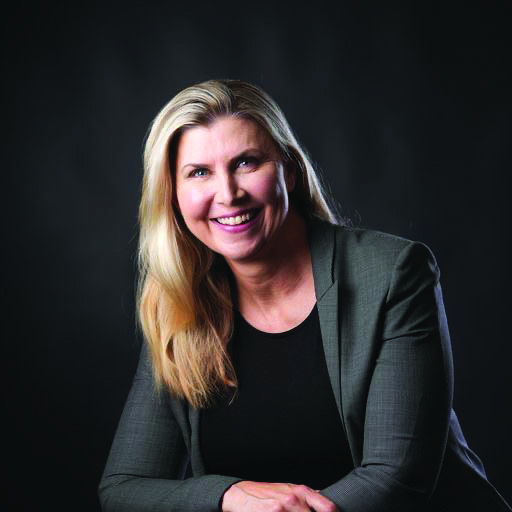
Sheila Bauer
Artificial Intelligence, Freedom, and Human Development are subjects which could be written at book length without scratching the surface. We will try to make some important points about all three in this 800-word special essay.
As regards Artificial Intelligence (AI) — and more specifically, ChatGPT and its generative cousins, Bard and Claude — the first point to note is that though they won’t eat our lunch, they may still prepare it. They will not replace teachers but they will almost certainly transform how teachers do their jobs. And, as much as this may disappoint many teachers, they will not replace students, or even students’ parents.
The important truth about ChatGPT is that it is not a reliable source. It is, however, a master of the plausible. And this is the most dangerous type of unreliable source. What ChatGPT says is not so often wrong as to make its wrongness obvious. Instead, one needs to validate and verify each claim, making it a time-consuming tool to use. This is also not the most interesting way to use AI in education.
AI is most useful when it is assigned to tasks that are not possible for a teacher to do in a class full of students. This is not content generation but close observation.
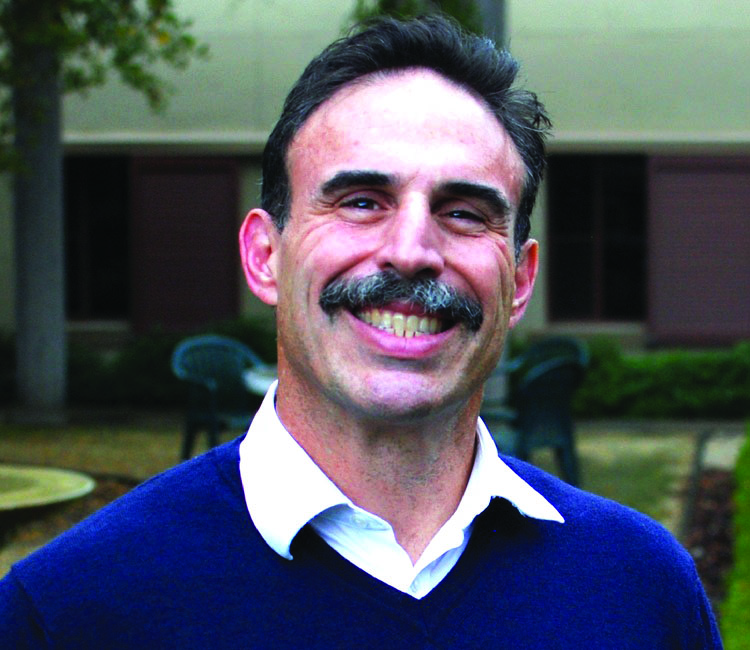
Ray Ravaglia
Ideal teaching is always one-on-one. When teachers can watch the student in the learning process, they can see what the student knows and where confusions lie, if any. Cleverly employed AI can help surface such things by watching each and every student. This is how it should be used.
What AI can’t do is provide a sense of purpose or a reason to do anything at all. Finding a reason to study, to make extra effort, is a very human characteristic fostered best in interactions between students, their families and teachers.
Education is a journey. Therefore it needs direction. The Latin root of education is educare, meaning lead out or bring forth. But the road to enlightenment is seldom a straight path. It often requires a change of direction, and sometimes requires spiraling around mountains as we work to attain the summit.
The summit of education is not the university, it is knowledge. Moreover, university education is expensive. So we should tell our students that it is better to make your inevitable bad decisions before you get there. If perfection prevents us from making mistakes in high school, those mistakes will revisit us in college, and they will have gotten bigger.
Just as secondary school is the place for structured thinking, university is the place for unstructured thinking. But university is not an end in itself. University has value only as part of the path to a meaningful life and career. It’s at this stage that being aware of freedom is important. Choice of career can provide purpose and motivation, but as with any choice, it must be allowed to be wrong. And being wrong does not mean ending the journey and going back to starting point. It requires finding a pivot, moving laterally, and identifying a third way.
With most education systems, schools, universities, and careers there’s a mismatch at the intersections. The transition from one to another can be jarring even for the most prepared. And this renders every stage of the journey worse for the experience. In the US, only 60 percent of domestic and international students complete their degrees in six years, and one in four drops out after the first year. It is in moments of transition that failures are most likely to occur.
The solution to this problem is to blur the transitions. If you make it routine for students to begin their university coursework while still in high school, it becomes less of a leap across a chasm and a more gradual ascent. Expose students to careers early and make internships commonplace. This way the career leg of the journey will become familiar.
It’s also important to make sure that universities are listening to the needs of industry. Yesterday we learned from a panel discussion that as many as 80 percent of engineering graduates from Indian universities are unemployable. Back in the US, the situation is not much better with ever larger numbers of students incurring large debts to study subjects that make them less qualified for employment than they were before they went to university.
Exposure to work will not fix this. But ensuring students are exposed to the requirements of work, getting universities to understand the needs of employers, and making it possible for students to change course if they realise they are headed in the wrong direction, will certainly improve the situation.
In the new age of AI, there will be two types of jobs. Those where you tell the machines what to do, and those where the machines tell you what to do. If we want to prepare our students for the former, we need to ensure that they have purpose (what they want machines to do) and that they understand their freedom. So if they find themselves on the wrong side of this equation, they can take the steps to get to the right side.
Also read: Michigan Colleges Alliance: America’s Hidden Gems Private Universities





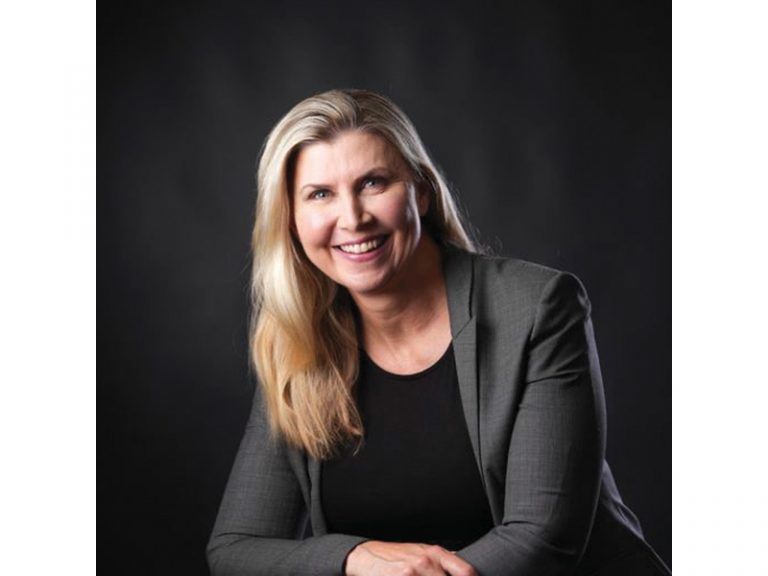
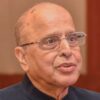
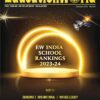









Add comment